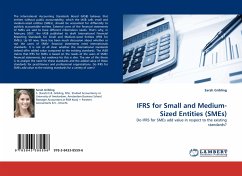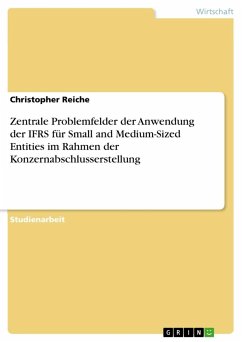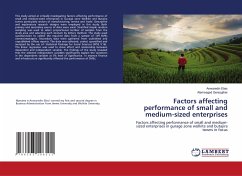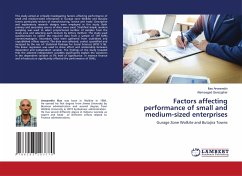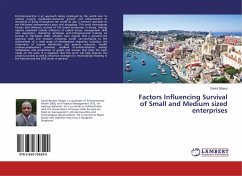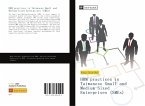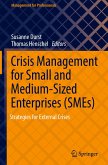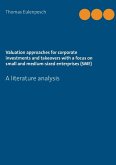The International Accounting Standards Board (IASB) believes that entities without public accountability, which the IASB calls small and medium-sized entities (SMEs), should be accounted for differently to publicly accountable entities. External users of the financial statements of SMEs are said to have different information needs. That's why, in February 2007, the IASB published its draft International Financial Reporting Standards for Small and Medium-sized Entities (IFRS for SMEs). Up till now, there has been much discussion about whether or not the users of SMEs' financial statements need internationals standards. It is not at all clear whether the international standards indeed offer added value compared to the existing standards. The IASB claims that IFRS for SMEs is based on the needs of the users of SMEs' financial statements, but evidence for this is slim. The aim of this thesis is to analyze the need for these standards and the added value of these standards for practitioners and professional organizations. Do IFRS for SMEs add value to the existing standards for a variety of users?

